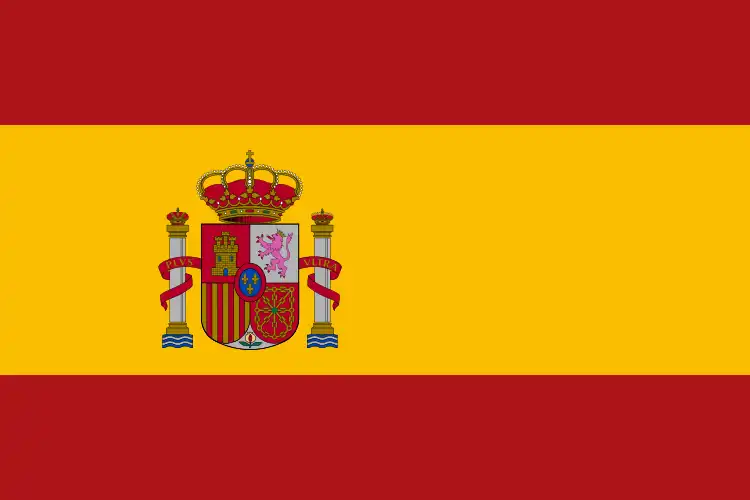Spain: a country that never runs out of life
Set foot in Spain, and you’ll feel it right away — this place buzzes. From sunlit beaches to lively city streets, Spain’s energy is hard to miss.
Tucked away in the southwest corner of Europe, Spain covers most of the Iberian Peninsula. It shares borders with France and Portugal and dips its toes into the sparkling Mediterranean Sea. And trust us — the scenery is as varied as it gets. One minute you’re surrounded by snowy peaks in the Pyrenees, the next you’re wandering sunny coastal plains or rolling green hills.
Home to over 47 million people, Spain is one of Europe's most vibrant countries. Big cities like Madrid, Barcelona, and Valencia are packed with life — and packed with stories too.
People here live long, full lives. Spain's life expectancy data is among the highest in Europe, even as birth rates fall. It’s a challenge for the future, sure, but also a sign of the good life Spain has built.
Land of landscapes
Wherever you go in Spain, something catches your eye. Golden beaches, wild mountains, lush valleys — it’s a country that seems built for explorers.
The coastline stretches on for thousands of kilometers, with sunbathers, surfers, and fishermen all finding their slice of paradise. Inland, history peeks out from every corner — old stone villages, centuries-old fields, and stories carried by the wind.
It’s not just pretty to look at either. Spain’s natural beauty shapes how people live, work, and even eat.
A climate for every mood
Sunny summers, rainy winters, fresh green hills in the north, sun-baked deserts in the southeast — Spain's geography brings it all.
Along the Mediterranean, it's hot and dry most of the year. Move inland, and you’ll find sharper swings between seasons. Up north? Expect softer breezes and more rain.
This variety isn’t just nice for visitors. It also shapes farming, tourism, and even Spain healthcare planning, because different regions have very different needs.
A country that speaks many languages
Spanish (Castilian) may be the official language, but it’s not the only voice you’ll hear.
Travel through Catalonia, Galicia, or the Basque Country, and you’ll catch Catalan, Galician, or Basque — each with its own flavor, its own story.
Languages here are part of identity. That’s why Spain’s public services — from schools to healthcare — work to support bilingualism, making life easier for everyone, no matter what they speak.
Demographic shifts and new challenges
Spain’s population is getting older. With life expectancy rising and fewer babies being born, seniors now make up a growing share of communities.
It’s a shift that puts pressure on healthcare and pensions, but also sparks new Spain health promotion strategies — aiming to keep people active and thriving longer.
At the same time, cities are booming. More people are leaving rural areas, chasing opportunities in buzzing urban centers. Spain is adapting, planning smartly, and working to keep every part of the country moving forward.
A few things you might not know about Spain
Before we wrap up, here are a few fun facts that show just how colorful — and impressive — Spain really is:
-
Spain is a giant when it comes to potatoes and olive oil.
-
It has more than 40 UNESCO World Heritage Sites — ancient palaces, old towns, and breathtaking cathedrals.
-
Festivals? Spain does them better than anyone. From the wild Running of the Bulls in Pamplona to the colorful Feria de Abril in Seville, there’s always something happening.
And when it comes to health? Spain leads the way. Thanks to strong public health efforts, Spain's non-communicable diseases like heart disease and diabetes are being tackled head-on. Spain's healthcare quality metrics consistently shine on the global stage.
